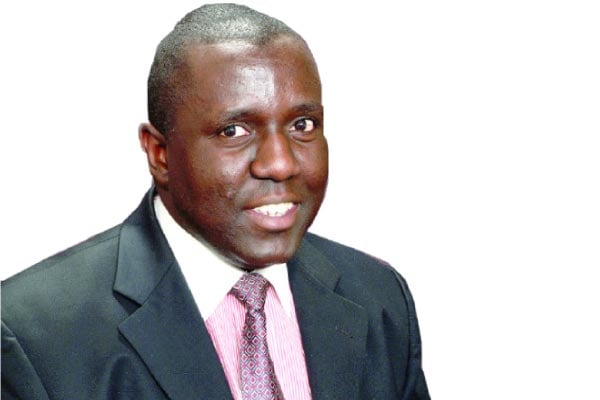Mungherera’s departure and the continuing turmoil in healthcare

Author: Karoli Ssemogerere. PHOTO/HANDOUT
What you need to know:
- In one of her last interviews, she stated that doctors and nurses were seeing three times the number of patients for the same pay.
- A 59-year-old doctor in our public service is one year away from retirement.
- Mungherera left the civil service at about $ 700 a month having trained to the highest levels.
- She was lucky; she was still an entitled person and had a shot to beat the life expectancy of one of the deadliest cancers, cancer of the colon.
One of my childhood friends from preparatory school through high school is now a senior pathologist at the national referral hospital, regularly offers free specialist services to friends of mine. Families faced with medical challenges requiring specialist services are often confused unsure of where to start. The most common ailments are chronic diseases including cancers of all types; the deadliest of which extinguish a patient’s life in days rather than months or years of treatment. Over the years, the patients who have this form of medical calamity are now ironically better off than patients who die within hours or days of admission because urgent medical care often taken for granted has fallen far behind treatment of chronic illnesses.
A cancer patient has the luxury of being misdiagnosed, prescribed the wrong medication at great cost and bearing the indignity of waiting long lines as the Uganda Cancer Institute is now grappling with 5,000 patients. For the patients who are better off enjoying institutional care like Dr Margaret Mungherera, there is an option of being airlifted abroad, India is the most common destination for medical tourism for treatment. India is seeing more of these patients on an outpatient basis as their conditions can be managed using ambulatory care. Patients stay in hostels, inns and hotels only going for treatment as needed. Strict price controls ensure that most original drugs are still affordable. A 20 puff dose of Advir a lifeline for asthmatic patients costs just $20.00 in India compared to $350.00 for a 60 puff dose of the same in the United States. In Uganda, such a drug would simply not feature on any list because its street price would be close to Shs5 million for a 30 day supply of the same drug.
The breakdown of primary and preventive care in Uganda means patients are showing up sicker with weaker vitals when disaster strikes. The patients’ bodies lack vital defences. And that’s just a starting point. New Vision months ago published the state of ICU facilities in Uganda. Last year, the intensive care unit, an essential stop to stabilise patients prior to treatment; a lifeline for accident and trauma victims in Mulago shut down without a reopening date after it, like the radiotherapy machines at the Cancer Institute exceeded its useful life. A bed on the private market costs upwards of Shs2 million a night excluding life-saving drugs. Our doctors ignored by the public service, victims of poor pay faced with certain death circumstances simply stay away from patients as the process of death kicks in.
A few years ago, the wealthy used to airlift patients to Nairobi as they braced themselves for a patient’s certain death. Many others were saved because Ugandan doctors had missed critical diagnoses in Uganda because the equipment was obsolete and dysfunctional. Ironically these same doctors at the peak of their careers spend a lot of their precious time following their patients to re-diagnose them in Nairobi.
Medical pay in Nairobi is a subject of a long strike but doctors there make three times what Ugandans make, and many private practices in Nairobi have shiny name plates with names like Kaddu working alongside Kenyan doctors.
Mungherera, a senior psychiatrist who passed away at 59 last week, was vocal about poor working conditions for medical personnel.
In one of her last interviews, she stated that doctors and nurses were seeing three times the number of patients for the same pay. A 59-year-old doctor in our public service is one year away from retirement. Mungherera left the civil service at about $ 700 a month having trained to the highest levels. She was lucky; she was still an entitled person and had a shot to beat the life expectancy of one of the deadliest cancers, cancer of the colon.
Many others don’t and a good number are institutionalised in the alternative healthcare system that of witch doctors and medicine men. Rest in peace Margaret !
Mr Ssemogerere is an Attorney-at-Law and an Advocate. [email protected]




